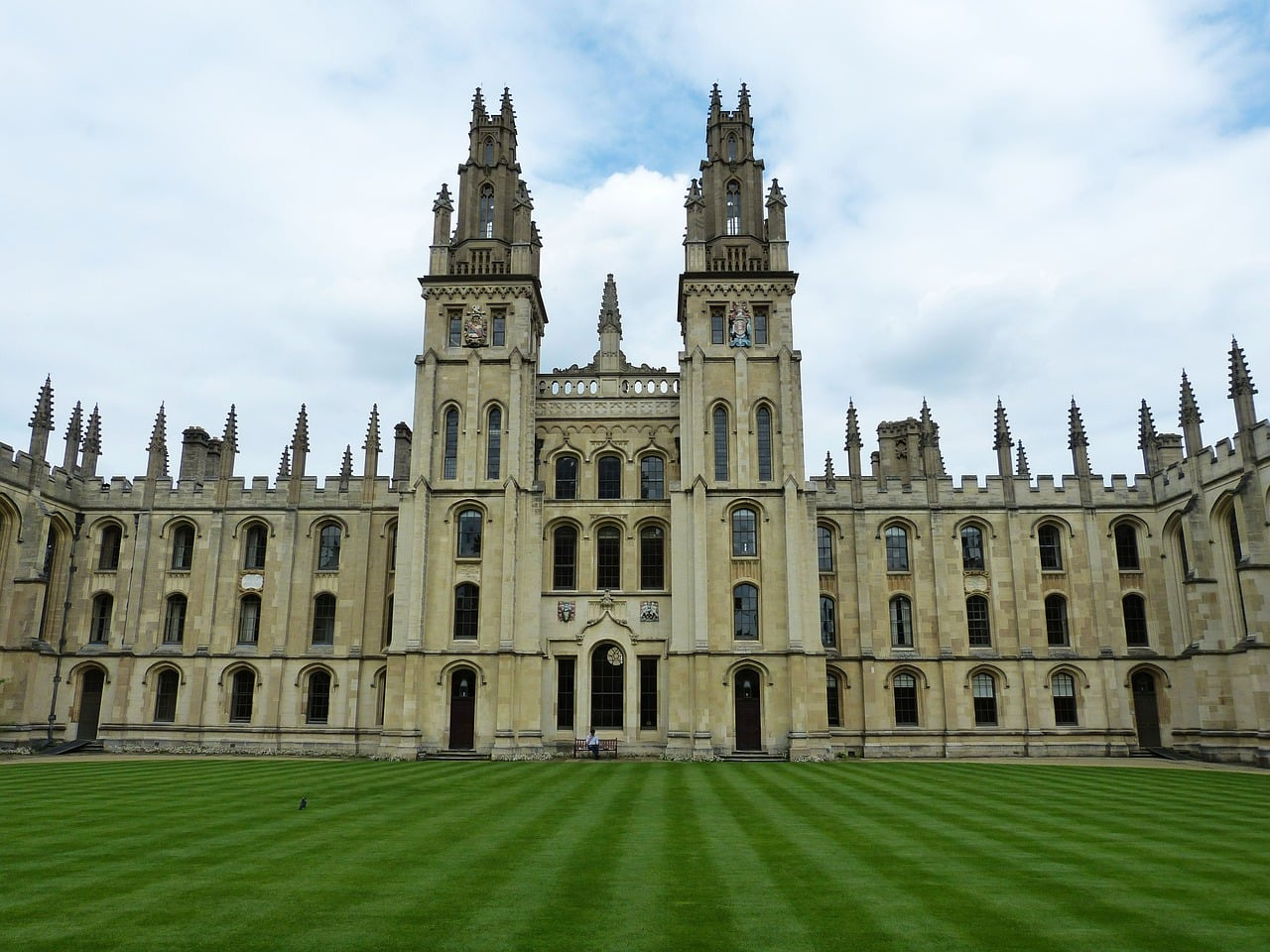University Administrators Personally Libel For Violating First Amendment; Religious Students Can “Sue the Bastards” When Rights Are Violated
Q4 2020 hedge fund letters, conferences and more
University Administrators Personally Liable For Monetary Damages
WASHINGTON, D.C. (March 23, 2021) - The U.S. Court of Appeals for the Eighth Circuit is the latest court to rule that, not only that students can sue when their first amendment rights are violated, but that they can hold individual university administrators personally liable for monetary damages for violating what have now been held to be "clearly established" rights, notes public interest law professor John Banzhaf.
At the University of Iowa [UI], administrators tried to revoke the status of a religious student group because it refused to allow a student who "disagreed with . . [its] religious beliefs" to assume a leadership position.
A lower court had held that such an action violated the students' constitutional rights to free speech, free association and free exercise of religion.
Perhaps, suggests Banzhaf, in deciding not to appeal that ruling, the responsible university administrators did not foresee that this holding might lead to monetary verdicts against themselves as defendants.
Even if UI agrees to reimburse those individuals, the verdicts and their involvement as defendants will nevertheless have an impact on their lives, including for example on their credit ratings, says Banzhaf, who has encouraged such law suits when the constitutional rights of students are violated.
No More Qualified Immunity
Now the higher court has held that the responsible university administrators could be held personally liable for their unconstitutional action, despite the doctrine of qualified immunity under which they are protected from law suits except in cases where their conduct violates “clearly established statutory or constitutional rights of which a reasonable person would have known.”
As one judge put it, “The law is clear: state organizations may not target religious groups for differential treatment or withhold an otherwise available benefit solely because they are religious. . . . “That is what happened here. The individual defendants may pick their position: they are either plainly incompetent or they knowingly violated the Constitution. Either way, they should not get qualified immunity.”
Ironically, in an earlier decision also involving UI, the lower court also ruled that the university discriminated against the student group when it revoked its status, and further found that the individual university administrators involved could be held personally liable for damages. That decision in on appeal.
Professor Banzhaf, who has won over one hundred public interest legal actions and encouraged many more, said, using a phrase for which he is well known, that when students can "Sue The Bastards," rather than just their colleges and universities, bureaucrats are less likely to violate their constitutional rights.





